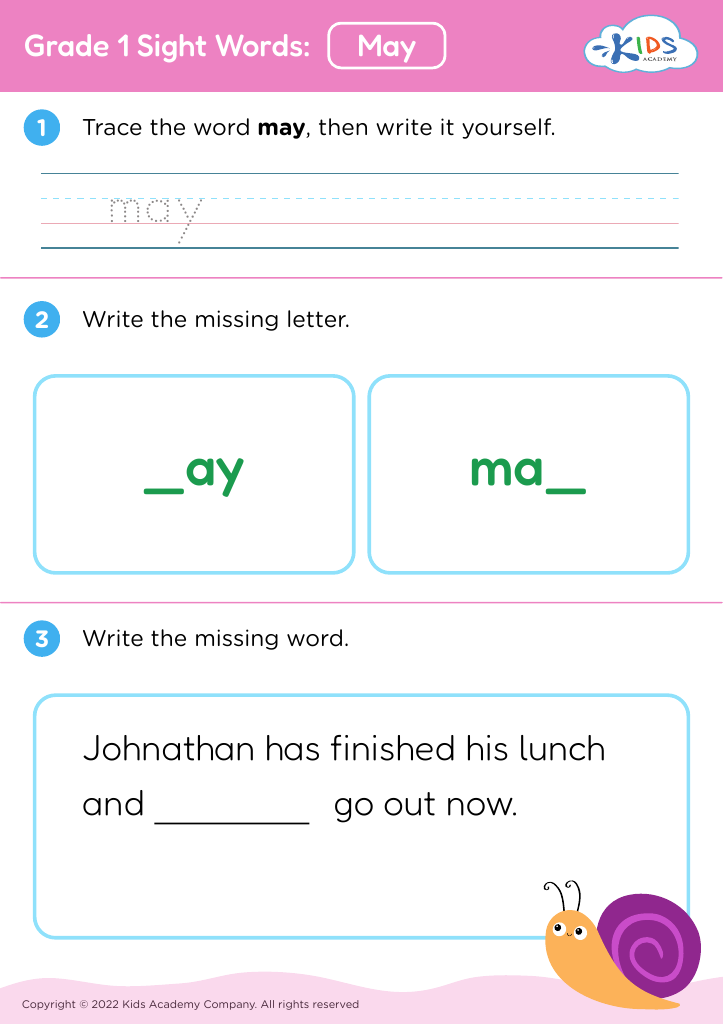Basic arithmetic practice Building Vocabulary Worksheets for Ages 5-8
4 filtered results
-
From - To
Elevate your child’s mathematical confidence with our "Basic Arithmetic Practice Building Vocabulary Worksheets" designed specifically for ages 5-8. These engaging worksheets not only strengthen arithmetic skills like addition and subtraction but also enhance vocabulary related to math terms and concepts. Each activity promotes critical thinking and problem-solving, encouraging young learners to explore numbers creatively. Bright, interactive designs make learning fun and engaging, fostering a positive attitude toward math. Perfect for homeschooling or classroom use, these worksheets provide a comprehensive approach to mastering essential math skills while building a solid vocabulary foundation. Start your child’s journey to mathematical fluency today!
Basic arithmetic practice and vocabulary building are fundamental for children aged 5-8 as they lay the groundwork for academic success and cognitive development. At this early age, children are naturally curious and capable of absorbing information quickly. By engaging them in basic arithmetic activities, they learn essential skills such as addition, subtraction, and problem-solving, which are critical for more advanced mathematical concepts later on.
Moreover, building vocabulary during these formative years enhances reading and communication skills, allowing children to express themselves clearly and understand their environment better. A rich vocabulary correlates with improved reading comprehension, enabling students to access a broader range of knowledge across subjects. Teachers and parents can foster this growth through interactive and enjoyable activities that promote both math and language skills.
Additionally, mastering arithmetic and vocabulary aids in bolstering self-confidence. As children gain proficiency in these fundamental areas, they are more likely to participate actively in class discussions and complete schoolwork independently, nurturing a lifelong love for learning. Thus, prioritizing basic arithmetic practice and vocabulary development during this crucial age not only supports immediate academic performance but also cultivates vital skills that contribute to future educational success and personal development.





















